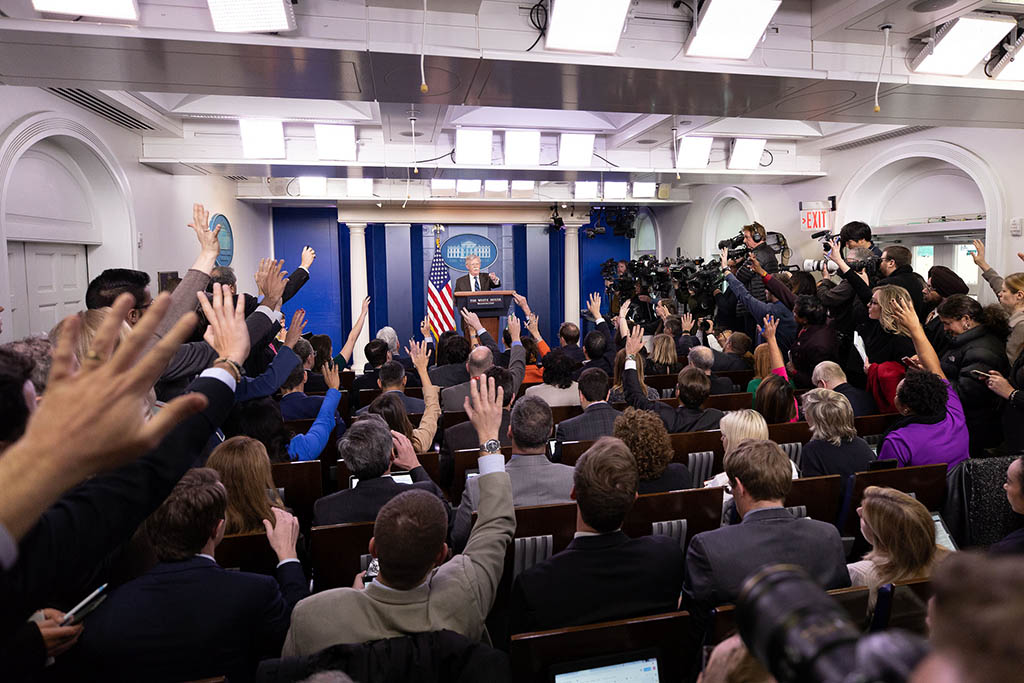
It has never, at least since the fall of the Ottoman Empire, been stable. Instability is endemic to the Middle East, a region that suffers, as many have pointed out, from a surfeit of history, although new layers continue to be added. Relative stability has come from outside in recent decades, from the US in the role of an external stabiliser, thanks primarily to its military presence (including the Sixth Fleet), its support for Israel and its close ties to Saudi Arabia. Its invasion of Iraq in 2003 proved destabilising for the region as a whole and engendered US weariness towards a part of the world that had lost its centrality in terms of oil –since the superpower, while still affected by oil prices, has made itself self-sufficient– although not jihadist terrorism. Indeed, Barack Obama had previously decided not to get too drawn in. But in the face of the Syria crisis and the global threat posed by ISIS, also known as Islamic State, he decided to support the local fight against the jihadist organisation. The announcement by the current President, Donald Trump, of a unilateral military withdrawal of US forces from the region, although limited in number (around 2,000 troops) and lacking a specific timetable, is another step in the area’s destabilisation, and the confrontation between players in the region and beyond.
Trump would be leaving control of the country in the hands of Bashar al-Assad’s victorious regime. The latter is backed by Iran, which thereby bolsters its regional clout, to the detriment of Trump’s own wishes and his very special ally, Saudi Arabia, now enduring a credibility crisis following the assassination of the journalist Jamal Khashoggi in Istanbul. Russia also wins. The US President’s strategy may be hard to fathom, but the reason for his Secretary of Defence, Jim Mattis, resigning in response to the announcement is not. Two months previously, the National Security Advisor, John R. Bolton, had affirmed that the US would not pull out of Syria as long as Iran continued exerting an influence on the ground through its own troops or by supporting militias. It is Bolton who has now had to come out with conditions on a withdrawal that could take ‘months or years’. More Trumpery?
Trump believes that the Islamic State has already been beaten. ‘We have won against ISIS’ he claimed when he announced the pull-out, contradicting the assessments of the Pentagon and the CIA: both believe that the terrorists still have several thousand combatants available on the ground, despite having lost territory essential for the caliphate proclaimed by its leader Abu Bakr al-Baghdadi (whereabouts unknown), now transformed into a more virtual caliphate. The Pentagon has said it will ‘continue working with our partners and allies to defeat’ Islamic State, wherever it operates.
The highly effective Iraqi-Kurds and other forces arrayed against ISIS perceive themselves abandoned by the US amid a possible intervention by Turkey’s Erdoğan; the latter has been alarmed at the prospect of the creation of another de facto autonomous Kurdish territory, in the east of Syria (in addition to the one already existing in Iraq), which could lead to the founding of a state. The Kurdish question continues to be one of the unresolved factors in the entire equation. The US withdrawal could prompt a move, although in their recent talks in Moscow, Russia and Turkey have appeared to be on the same wavelength –Putin wants to woo Erdoğan– despite the future of the YPG (People’s Protection Units) being uncertain. There is the added paradox that these Syrian-Kurdish militias are disposed to negotiate a degree of protection against a Turkish attack with the al-Assad regime, handing it control of the area around the strategic city of Manbij.
Meanwhile, the 50,000 or so rebels still fighting the regime are in a position of extreme weakness. It is Russia that has the key to the delicate situation in Idlib and the territory to the east of the Euphrates. It is worth recalling that it was in part what was once known as the West that fuelled the rebellion against al-Assad, when the Arab Spring broke out. France has decided to continue giving military support to the Kurdish fighters against ISIS, in what has become a new gulf between Paris and Washington and, by extension, between Europe and the US, another factor in the transatlantic crisis. Indeed, one of the arguments put forward by Mattis in his resignation letter was that the US should exert its leadership as an ‘indispensable’ nation (a term used by the Clinton Administration), showing respect to its allies. Europe has been left on its own in this field, although it has little to influence in the area. The times of the Anglo-French Sykes-Picot agreement, which in 1916 fixed boundaries that have proved difficult to erase, is now a distant memory. China meanwhile may start to make its influence felt in the region. For the time being, however, nobody wants to fill the vacuum that would be left by the US if Trump’s intentions are confirmed.
Even Israel –led by a Netanyahu administration that is very close to Trump– is concerned. It suited the Israelis for Syria to be immersed in an interminable and bloody civil war. The new hand it has been dealt is not a strong one, even less so if the Hezbollah militants, allied to Iran, emerge strengthened. The Palestinians continue to be neglected.
The new confrontation between the major regional powers –Saudi Arabia, Iran and Turkey– with Russia as the powerbroker, would acquire fresh impetus, seemingly unconstrained by external stabilising factors. It is all accompanied by pressures that are once again bubbling up from Arab societies frustrated by the failure (except in Tunisia) of the 2011 uprisings.


